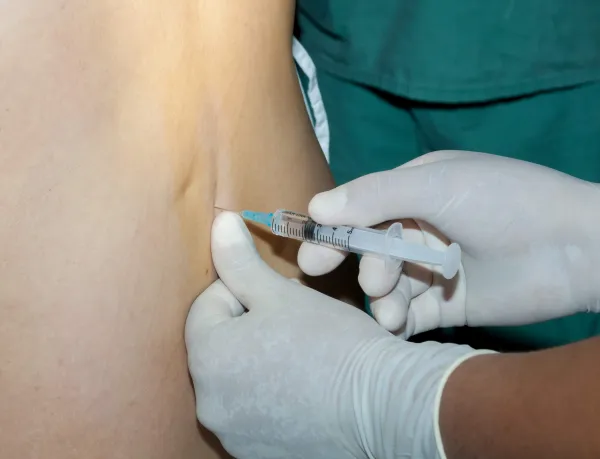Keep EDX Tips on Hand for Optimal Coding

Remember; NCS/EMG combo could spell electrodiagnostic test. One of the tests your PM provider might administer is actually a combination of tests called electrodiagnostic (EDX) testing. Definition: If the provider performs a nerve conduction study (NCS) along with an electromyography (EMG), it's likely an EDX test. The challenge for coders comes, of course, when it's time to file the claim. Read on for some expert advice on submitting the proper codes for your EDX tests every time. Check Dates of Service Basically, when the provider performs a nerve conduction study (NCS) and a needle electromyography (EMG) on the same patient, it's an EDX evaluation. The timing of these procedures is vital to identifying the EDX testing suite, says Carrie Winter, RHIA, health policy manager for American Association of Neuromuscular & Electrodiagnostic Medicine (AANEM). Both portions of the EDX test occur "on the same date of service in the vast majority of cases," Winter says. Best bet: If you think you've got an EDX test to code, but the NCS and EMG have separate dates of service, check with the payer and the provider before coding. Use these Codes to Complete EDX Claim When coding the patient's NCS, report one of the following codes based on the number of studies the provider performed: You'd code the EMG with one of the following codes, depending on encounter specifics: Remember: You cannot report any of these codes without a primary code. For EDX testing, the base code would be the NCS code. "Most insurance companies also require that [NCS and EMG] be performed together except in select situations," relays Winter. Also: CPT® forbids you from reporting 95905 (Motor and/or sensory nerve conduction, using preconfigured electrode array[s], amplitude and latency/velocity study, each limb, includes F-wave study when performed, with interpretation and report)) with +95885 and +95886. You would report 95905 when the provider uses pre-configured electrode arrays rather than the individually placed stimulating electrodes. These Patients Might Need EDX According to Winter, EDX testing could be indicated for the following scenarios in a pain management practice: This is just a list of [some] situations in which an EDX might be necessary, says Winter. There are dozens of potentially covered diagnoses for EDX testing, but you'll have to check with individual payers for their lists. The above list is not exhaustive, and you need to consider each encounter separately. Count Nerve Studies Accurately According to Winter, anyone involved in coding at your PM clinic must be familiar with how to report EDX tests - particularly when it comes to coding the NCS portion. "Miscounting nerves ... is one of the biggest reasons that denials are seen for NCS testing. Often coders in smaller facilities are also responsible for the management and appeal of denials and it is important for everyone to understand how to appropriately bill for NCS testing and to deal with denials and appeals when appropriate," Winter says.




